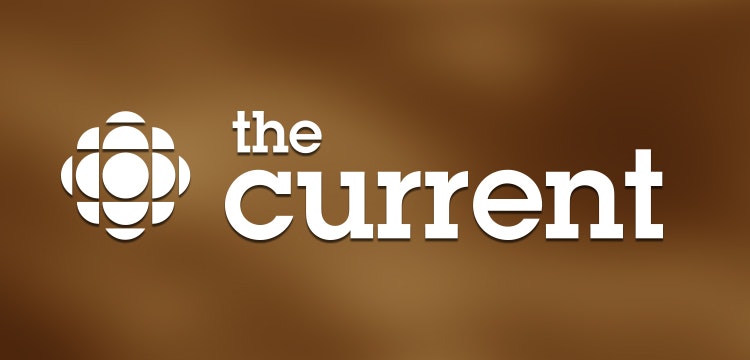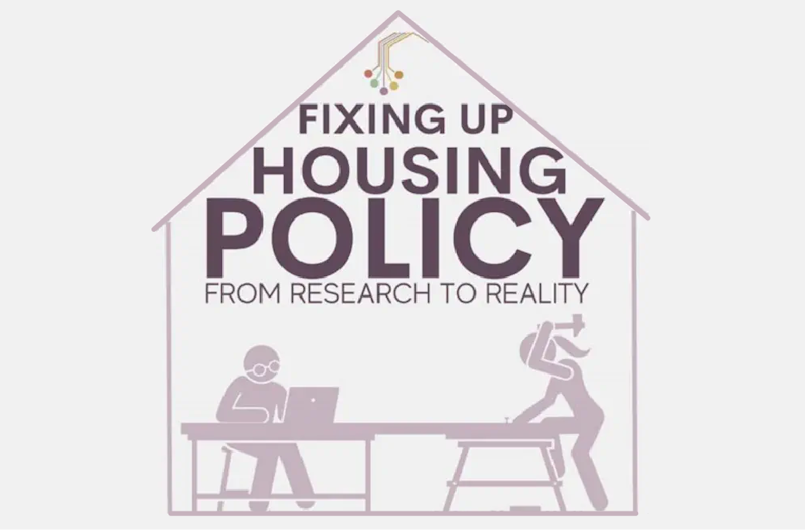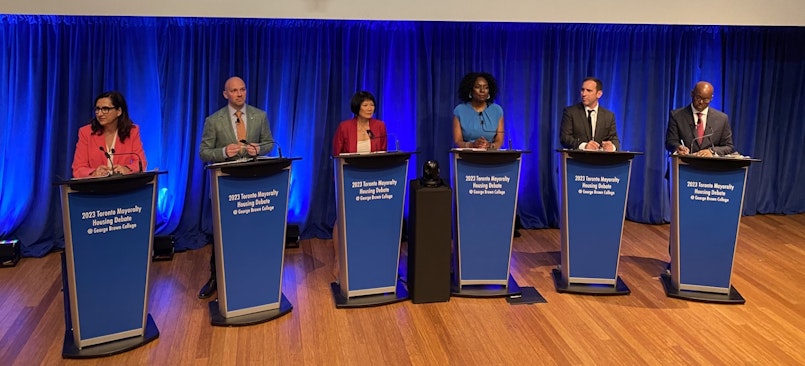Buying a home is a big dream. But for many Canadians it’s one that can seem slightly out of reach. There are many potential challenges that can come between you and a home of your own. Understanding what barriers are in your way is a great first step to getting closer to homeownership.
That’s where a clear and honest understanding of your financial wellness comes in. Financial wellness is, quite simply, your overall financial health. It includes all aspects of your life, such as your savings plan, budgeting, your credit and credit score, tax planning, insurance coverage, and retirement planning.
Getting a handle on your financial well-being can help you identify areas for improvement and tools for financial literacy education. The following resources can help you get a clearer picture of your financial health or find the guidance and support you need in your journey to become financially well – and, eventually, to homeownership.
Financial Literacy Assessment Quiz
What it is: This 30-question online quiz from the Financial Consumer Agency of Canada tests your financial literacy skills and measures how your knowledge compares to other Canadians’. Questions cover everything from your knowledge of household budgets, your level of financial literacy, your confidence about retirement income and your understanding of borrowing products like credit cards and mortgages.
Why this is important: To give you insight into how well you understand your financial situation, which is the first step to solidifying your financial wellness.
How it can help: The quiz scores you on how well you budget, how well you’re making ends meet, your planning skills, how informed you are, and how well you’re leveraging the right financial products. Once you have completed the quiz, you’re matched with money management resources from the Canadian Financial Literacy Database that align with the areas of need identified in the quiz.
CPA Financial Wellness Guide
What it is: This questionnaire from the Chartered Professional Accountants of Canada (CPA) is meant to help you understand money basics and how they apply to you. It guides you through a series of questions about your current financial situation, and your plans, needs and goals. It explains the most common financial terms in plain language as you go along.
Why this is important: To help you understand your overall financial wellness picture.
How it can help: The questionnaire offers helpful tips along the way, encouraging good financial habits. When you are finished, you receive a free, downloadable report that includes tools and information you can use to plan your next steps for household budgeting and saving, estate planning, investment planning, and saving for retirement.
Online budgeting tools
What they are: It’s great to have a general understanding of how much money you’re spending or need to save, and digital tools can help you visualize your situation. Quicken has a visually appealing budget calculator that breaks down your spending by category, helping you identify areas to tighten your belt and highlights areas for improvement, like ensuring you’re saving for an emergency. BMO has a cashflow calculator that accounts for all your expenses and determines whether you’re in a cashflow surplus or deficit. And Meridian has a number of useful tools and calculators, such as its Financial Resiliency Score quiz and Savings Goal Calculator.
Why this is important: Seeing where your money is going allows you to create a plan to meet your financial goals.
How they can help: Budgeting tools help you objectively identify all areas where your money is going (because it’s easy to overlook things like insurance costs or medical expenses when inventorying your spending). They also offer expert advice on how to build a budget and focus on saving.
Credit score reports
What it is: A credit score is a number between 300 and 900 designed to represent your credit risk, based on your debt payment history sourced from a credit bureau. The number of credit cards and loans you have, and how promptly you pay your bills are factors that affect your credit score.
Why this is important: Lenders look at your credit score when assessing your ability to qualify for a mortgage. A minimum score of 680 is typically required.
How it can help: A credit score from bureaus such as Equifax or Trans Union helps you understand how lenders interpret your ability to pay back a loan. Even if you think you’re good at paying your bills, you might not know that applying for multiple credit cards can negatively affect your score. A credit score report takes the guesswork out of knowing how banks view your financial situation.
Credit counselling services
What it is: Credit counselling services like Credit Canada, review your finances, identify debt problems, and work to find solutions for you.
Why this is important: Many household expenses are predictable, but sometimes life throws a curveball and what was once manageable slowly becomes out of control. When debt becomes overwhelming, ignoring it will not make it go away. Working with a professional to tackle it head-on is the first step to rebuilding your credit.
How it can help: Credit counsellors can review your debt situation, discuss options (such as debt consolidation), and explain the pros and cons of various approaches to improving your financial situation. In the long run, they can help you get out of debt.









